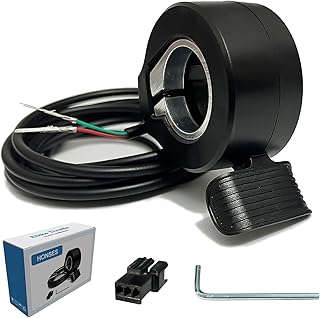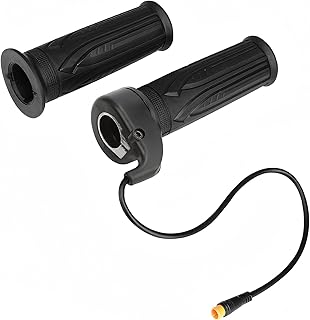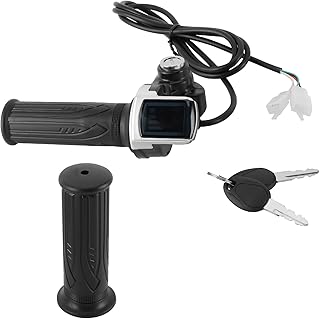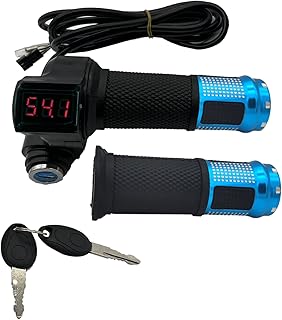A Victorian coroner recently shed light on a regulatory issue impacting the future of e-bike transport in Australia. Many electric bikes on bike lanes and shared paths are not compliant with regulations, resembling electric motorcycles rather than e-bikes. These modified bikes exceed legal power and speed limits, operated by hand throttles without the need for pedaling.
The coroner’s attention was drawn to this issue following the tragic death of Nitin Haldipur Prabhu in a collision involving two e-bikes in Melbourne. One of the bikes involved in the accident was found to be legal, limited to 25km/h and requiring pedaling for electrical assistance, while Prabhu’s bike exceeded these limits.
These non-compliant e-bikes pose a significant safety risk as they are often mistaken for regular e-bikes without the need for registration or a motorcycle license. The coroner emphasized the importance of correctly classifying these vehicles to prevent further injuries or fatalities.
Previous investigations by the coroner have highlighted the need for improved compliance with e-bike regulations. Recommendations have been made to relevant authorities, including the Vehicle Safety Standards Bureau and Victoria Police, to address the issue of high-powered e-bikes operating unlawfully on public paths.
Concerns have been raised about the influx of powerful e-bikes being sold in the market, posing a danger to riders and pedestrians. The coroner proposed measures for better enforcement of regulations, such as testing e-bikes for compliance with speed and power limits.
While the suggestion of e-bike registration has sparked controversy, the underlying goal is to distinguish between compliant e-bikes and electric motorcycles. This strategic approach aims to ensure that only non-compliant vehicles are registered, while compliant e-bikes continue to operate freely.
Experts advocate for regulatory reforms that prioritize safety and consumer-friendly e-bikes, drawing parallels with successful European regulations that support the growth of the bike industry. Implementing stringent rules will ensure the integrity of e-bikes, promote rider safety, and maintain compatibility with existing bike infrastructure.
As the debate over e-bike regulations continues, it is essential for authorities to collaborate with industry stakeholders to establish clear guidelines and enforcement mechanisms. By addressing the challenges posed by non-compliant e-bikes, Australia can create a safer environment for riders and pedestrians while fostering innovation in sustainable transportation.
📰 Related Articles
- Debate Rises Over Safety of Non-Compliant e-Bikes in Australia
- Youth-Led Parliament Urges Global Action on Climate Crisis
- Youth Report Urges Action on Mental Health and Education
- World Bank Urges Action on Declining Government Health Spending
- Prince William Urges Global Action to Protect Oceans






